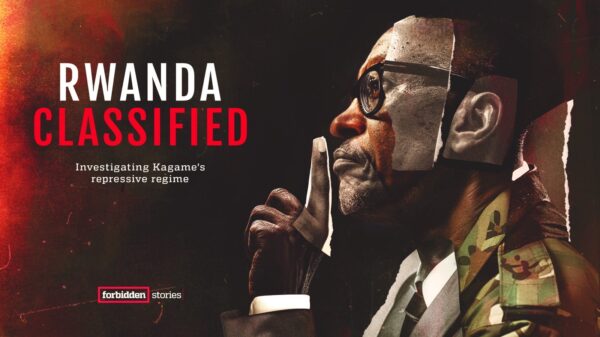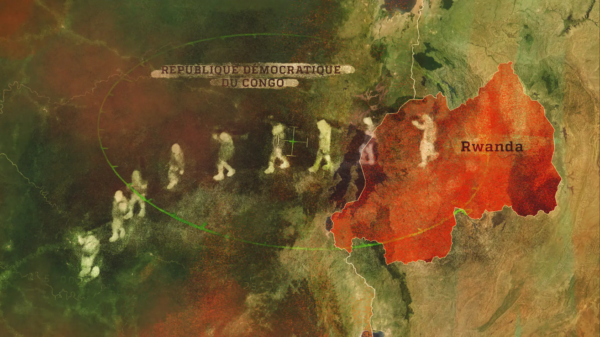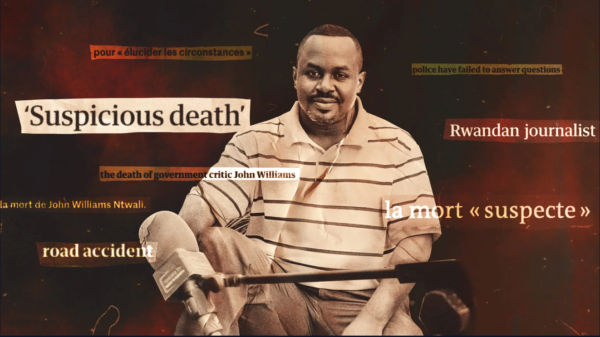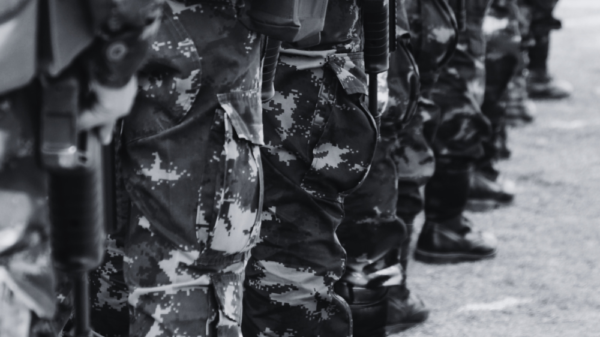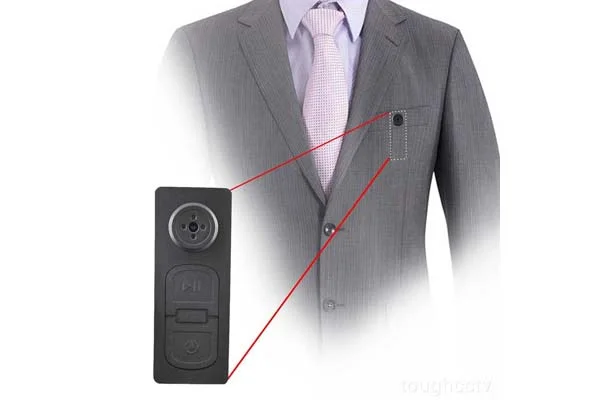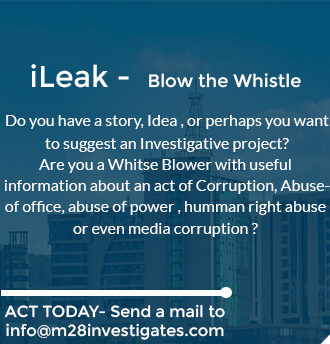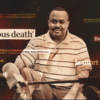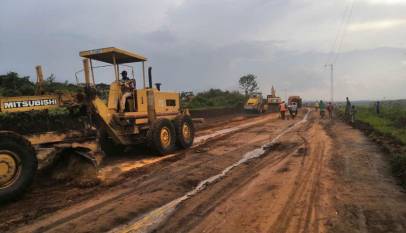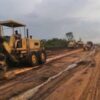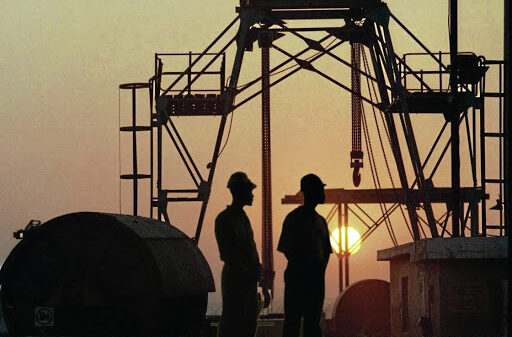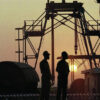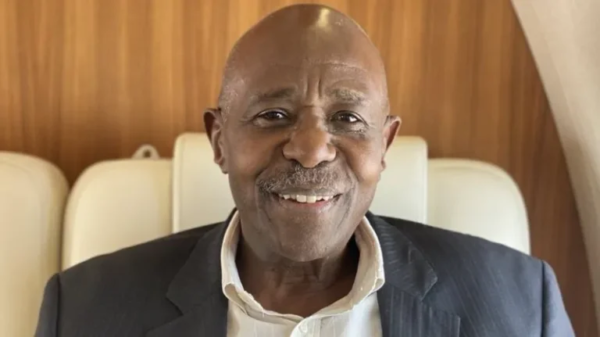Using hidden cameras and recording devices is often linked with going undercover, but it is possible to plant such devices without ever disguising your identity. You could also have a third party record what happens, without any intervention on your part. In all cases there are conditions that must be met before recording someone without their knowledge for these recordings to be used as evidence. In a 2019 BBC Arabic investigation that exposed the illegal buying and selling of domestic servants over apps available in the Google and Apple Stores, two journalists used a hidden camera to record their conversations with 57 app users who wanted to buy maids. They also recorded visits to more than ten people who were offering maids for sale. An Al Jazeera investigation likewise used a hidden camera to document the sale of Caribbean diplomatic passports to wealthy figures and criminals in exchange for bribes, helping the ruling class stay in power and fund their electoral campaigns.
In both these reports, journalists had no way of securing solid proof of their hypotheses other than secretly filming activity that on many occasions was illegal. This allowed them to demonstrate the presence of a clear and systematic phenomenon, rather than isolated cases. Using hidden cameras was the last resort after all other approaches had failed. The use of hidden recording equipment raises the same issues of honesty and transparency that going undercover does. The point is to weigh up the damage caused to individuals or organizations against the benefit to the publish interest. To use a hidden camera, you will need training and skill, as well as a daring, professional team that works well together and can be discreet.
You will need to make sure that you are maintaining professional ethics and that you are not putting sources in danger. In the investigation into Jordanian care homes mentioned above, journalists blurred the image of one care home worker despite the fact that she had beaten children, and despite leaving other workers entirely visible. This is because this woman wore hijab outside the care home, but removed it when inside because no men were present. As a result, journalists decided to protect her privacy and her interests and take religious concerns into account.
• When using hidden cameras or recording equipment, you should bear the following points in mind: The harm that would be caused by allowing the information recorded to remain under wraps should be greater than the harm caused by using hidden cameras.
• You should have exhausted all other means of getting access to the information. If you are investigating a care home, for example where CCTV is typically available you should first try to get hold of the CCTV footage through a Freedom of Information request, personal contacts, sources inside the home or by some other professional and legal means. If the wrongdoing has been recorded and has not been deleted, then this footage is of far more value than a recording acquired using hidden cameras.
• The recording should expose major and systematic failings or serious errors by decision makers that will allow human rights violations against powerless or marginalized people to continue or undermine the rule of law.
• You should not record in homes or other private spaces protected by law. Arab countries’ constitutions provide for the sanctity of the home 143 as well as the right to a private life. Of course, public figures are different from private persons. You should always weigh up the effect on people’s lives and the effect on their function in the public sphere.
• You and your manager should think carefully about whether to use a hidden camera. What are your reasons? Is this approach justifiable? Is it professional and ethical? The editor-in-chief should sign off on any use of hidden recording equipment.
• You should consult a specialized media and publication lawyer before using hidden cameras in order to establish the legal ramifications of using hidden recording equipment and what you are and are not allowed to do. This is particularly important given the speed of development in this area of law and differences between countries.
• Put in place an emergency plan in case you are arrested or caught.
• Always present the people or institutions who will be affected by the recording with the footage and provide them with a right of reply so long as this is possible and safe. Many journalists may find this a difficult task, but doing so can be a lifesaver if you are sued. In the Girl Wanted investigation described above, one of the people secretly recorded in the course of the investigation sued the Al Balad channel for slander. The court ruled that the channel was not responsible and that it had committed no crime punishable by law. It found that the person in question had been given the right of reply and had raised no objection to the video being published, including the parts filmed secretly. It also found that the investigation’s purpose had been to protect the public interest, which in law takes primacy over the interests of individuals.

